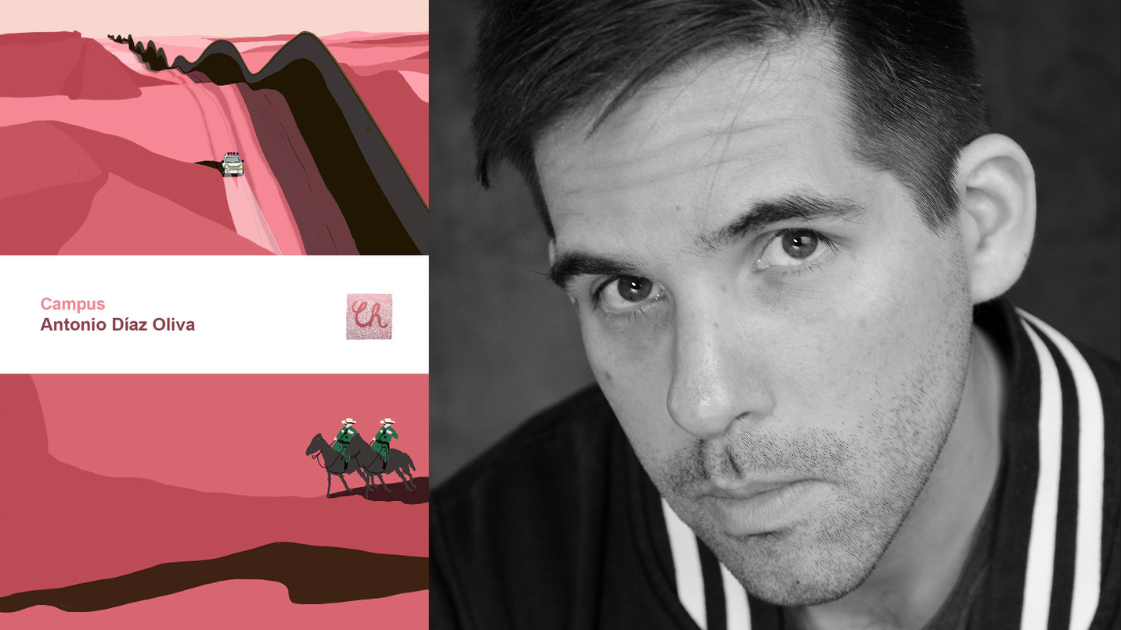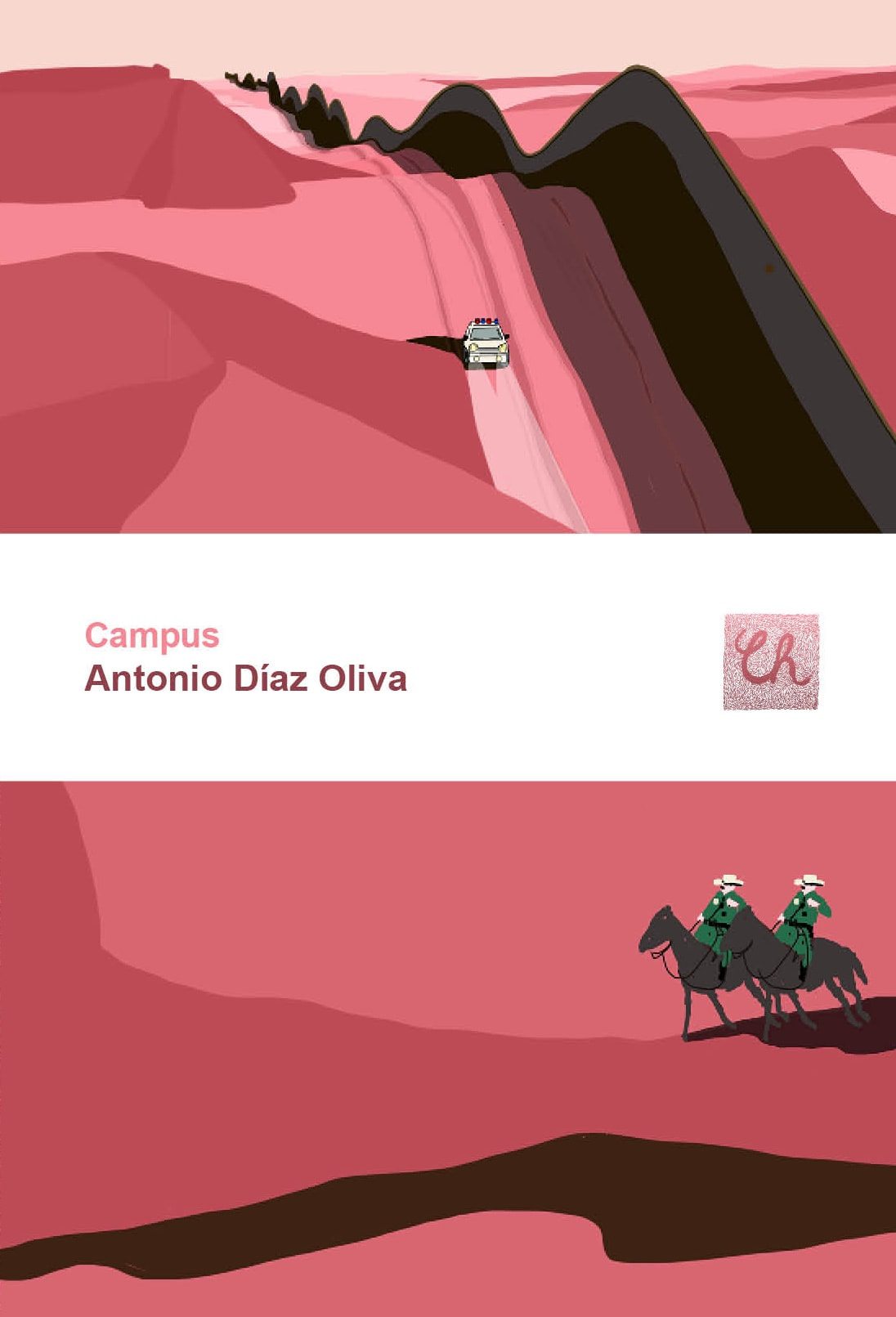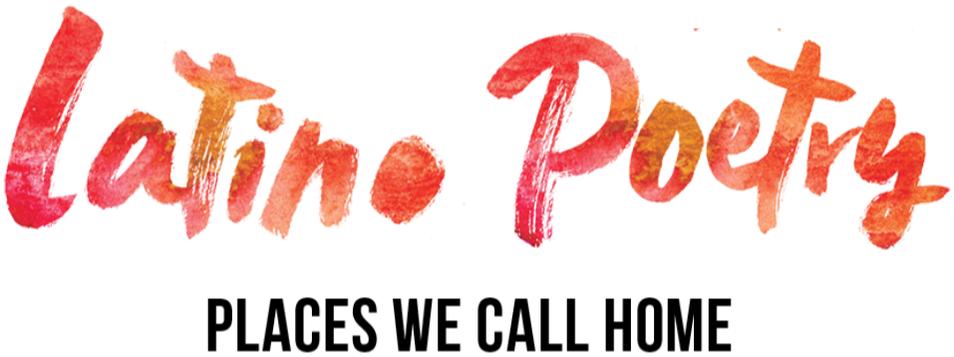Campus
Antonio Díaz Oliva
|
Campus, the latest novel by Antonio Díaz Oliva (ADO), is a dark, tragicomic satire of the power dynamics among Latin American academics fighting for a permanent position in Spanish departments at US universities. The novel is inhabited by a wide array of characters derived from this particular slice of academia. The author develops them in minute and hilarious detail, from their academic research interests to their fetishes, vices, favorite snacks, sources of personal wealth, hairstyles, outfits, and obsessions. The book is made up of five parts, within which the story unfolds in a varied narrative style that includes emails, flashbacks, text messages, institutional web pages, Facebook posts, the abstract of an academic paper, and journal entries. It also alternates between the perspectives of two protagonists: Salvador Allende González (his academic name), a Chilean who receives a doctorate from Waindell College and accepts a position as a professor of Latin American literature at Pepsodent University; and Wanda Rodríguez, a "straight-up Latina" who is enrolled in the doctoral program at Prinseton University (the institutions are fictitious but with thinly veiled real-life equivalents) before becoming a PhD dropout and starting her career as a private investigator specializing, of course, in academic affairs. The reader attends awkward scenes of one-sided conversations at performative faculty dinners and surprisingly Bacchanalian receptions at a LASA (Latin American Studies Association) congress; at the same time, the action is driven forward by the search for answers about the suspicious death of Javier La Rabia, a former professor of both Salvador at Waindell and Wanda at Prinseton and for whose tenured position at Pepsodent Salvador is a candidate. |
As the novel continues along a course that becomes more and more absurd, the text morphs like a chameleon. First it takes on the characteristics of noir fiction, as if it were a parody of the film Chinatown directed by Mel Brooks that switches out the California water wars of the 1930s for the "departamentos de Spanish" (this is what they are called in Campus) inside the academic industrial complex. Next it seems to be lifted out of the Marvel universe, when it's revealed that Wanda, ever since she was a volunteer participant in experiments run by a Dr. Miranda Warning for an enigmatic corporation called Kaiser Impermanente, has a superpower: she can "read" the memories of anyone with whom she has physical contact. Further along, the struggle to obtain tenure and survive in academia, the sadomasochistic displays of power by those who hold it, and the pressure to "publish or perish" lead to disturbing scenes that are reminiscent of The Hunger Games, Breaking Bad, Fight Club, Requiem for a Dream, and Eyes Wide Shut.
There are also certain moments when ADO abandons the principle of "show, don't tell." For example, before his death, Javier La Rabia writes in his journal: "The university system itself, within a ruthless capitalist structure, leads subalterns to fight amongst themselves instead of (re)thinking about how to change the system." Directly and indirectly, Campus accuses academia of being just as capable of inciting and incentivizing violence as religion, politics, or drug trafficking; in other words, academia is just another mafia in this "country made of plastic" where everything is a simulation that's "desolate in a uniquely American way... or American in a uniquely desolate way." But the author builds his case bit by bit, creating laugh-out-loud moments along the way, all the while aware of the extremes to which the novel goes to reach his satirical objectives: at the novel's climax, Salvador observes that he's living out "a parody of Narcos". It appears that ADO didn't hold back any of the absurd metaphors or situations that occurred to him; the more ridiculous or sinister, the better. And by the end of the novel, nothing even seems that far-fetched anymore. For fellow readers that have passed through the hallways, classrooms, or faculty offices of university Spanish departments, Campus is simultaneously cathartic and incisive in its questioning of the intellectual violence that has become accepted as the only way to play the academic game in the United States.
There are also certain moments when ADO abandons the principle of "show, don't tell." For example, before his death, Javier La Rabia writes in his journal: "The university system itself, within a ruthless capitalist structure, leads subalterns to fight amongst themselves instead of (re)thinking about how to change the system." Directly and indirectly, Campus accuses academia of being just as capable of inciting and incentivizing violence as religion, politics, or drug trafficking; in other words, academia is just another mafia in this "country made of plastic" where everything is a simulation that's "desolate in a uniquely American way... or American in a uniquely desolate way." But the author builds his case bit by bit, creating laugh-out-loud moments along the way, all the while aware of the extremes to which the novel goes to reach his satirical objectives: at the novel's climax, Salvador observes that he's living out "a parody of Narcos". It appears that ADO didn't hold back any of the absurd metaphors or situations that occurred to him; the more ridiculous or sinister, the better. And by the end of the novel, nothing even seems that far-fetched anymore. For fellow readers that have passed through the hallways, classrooms, or faculty offices of university Spanish departments, Campus is simultaneously cathartic and incisive in its questioning of the intellectual violence that has become accepted as the only way to play the academic game in the United States.
Antonio Díaz Oliva (ADO) is a Chilean writer living in Chicago. He is the author of the novel La soga de los muertos (2011), winner of the Roberto Bolaño prize for young writers, and two short story collections, La experiencia formativa (2016) and La experiencia deformativa (2020). He served as editor of the anthology Estados Hispanos de América: Nueva Narrativa Latinoamericana Made in USA.
Campus (2022) is a publication by Chatos Inhumanos.
Campus (2022) is a publication by Chatos Inhumanos.
Comment Box is loading comments...
|
|









